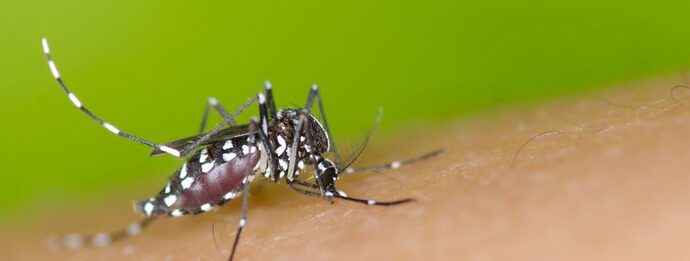Researchers have been in overdrive to try and create a vaccine that might be able to protect people against the devastating Zika virus, as babies continue to be born with microcephaly and it continues to spread around the world. Hot on the heels of the news that one experimental vaccine has been given the green light for human trials, another two vaccines are now reported to provide total protection against the virus in mice.
This latest study, published in Nature, has found that a single shot of the experimental vaccines gives complete protection to animals that were then infected with Zika. The researchers tested the vaccines against the virus strain found in Brazil, where the vast majority of the cases have so far been reported, as well as the strain found in Puerto Rico. However, there is still a long way to go before human trials begin, as there are still massive unknowns as to how it will react in the human body.
It was on February 1 that the World Health Organization declared the outbreak of Zika in the Americas as a public health emergency of international concern, due to the dramatic spread of the disease throughout the region. In Brazil alone, it is thought that at least 1.5 million people have been infected, and that it has spread to 39 countries since 2007. It is now widely accepted that the disease causes microcephaly in babies, and there are strong hints that it can also cause Guillain-Barré syndrome.
The paper actually looks into two separate vaccines. “One is a DNA vaccine, the other is a purified inactivated virus vaccine,” said Dan Barouch, who led the study at the Beth Israel Deaconess Medical Center in Boston, at a Nature press briefing. “These two candidate vaccines provided full protection to Zika challenged mice. These findings certainly raise optimism that a safe and effective Zika vaccine for humans may be found.”
One of the main questions to answer before any human trial can begin is how the vaccines interact with the dengue virus. Both dengue and Zika belong to the same family of viruses, known as flavivirus, and both are transmitted by the same Aedes aegypti mosquitoes. There has already been some concern about how the two viruses, and the antibodies that they prompt the body to create, relate to and impact each other. There are some worries that the vaccines could be less effective when dengue is present, or that it could make infections from dengue worse than normal.
